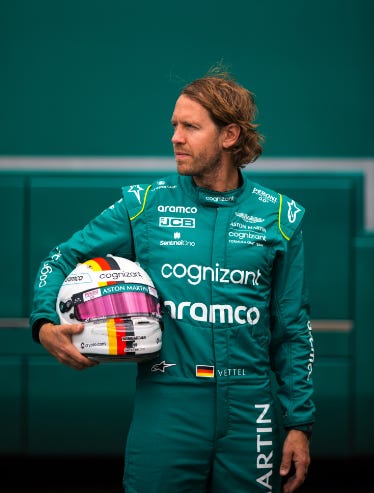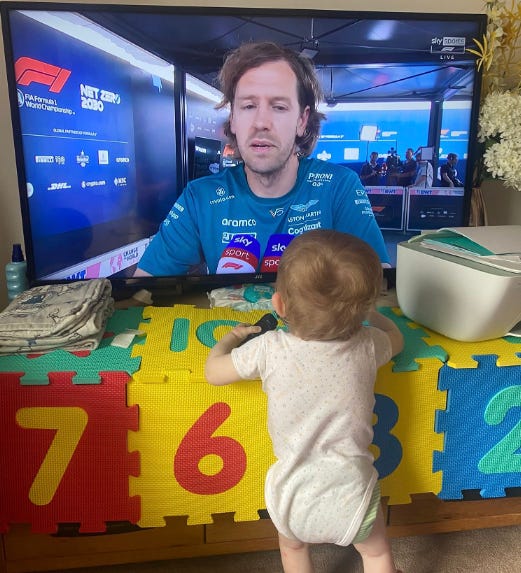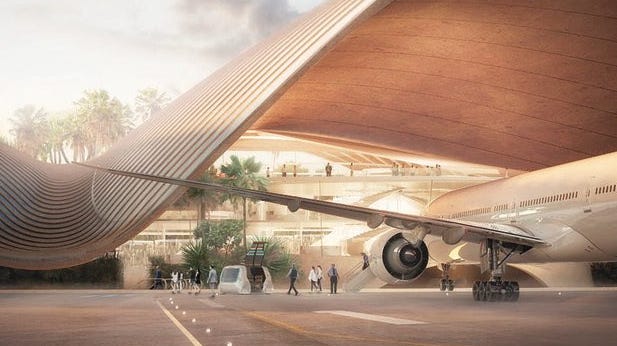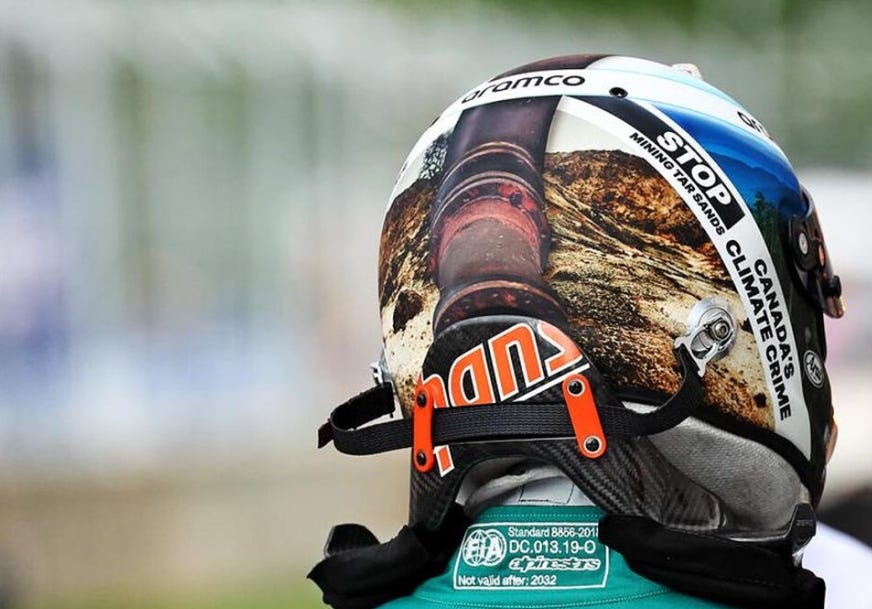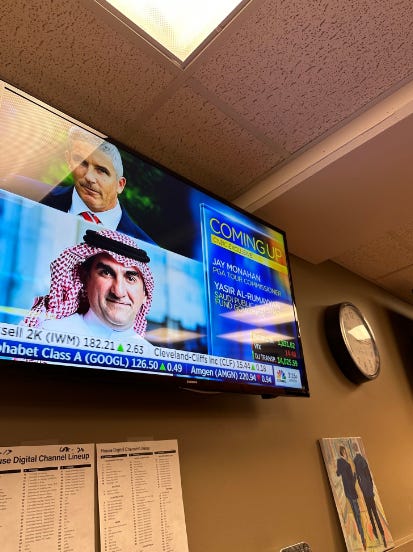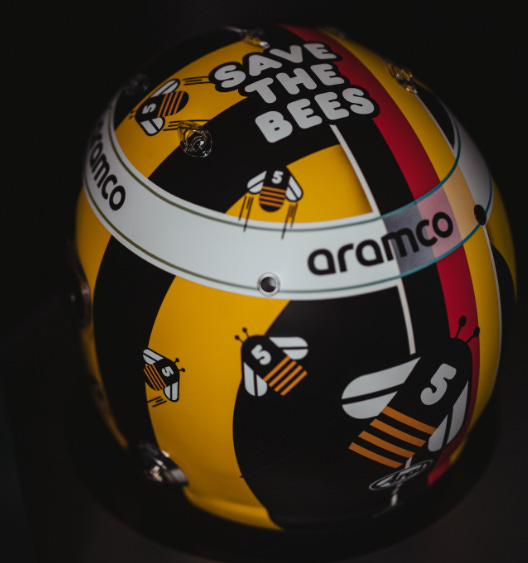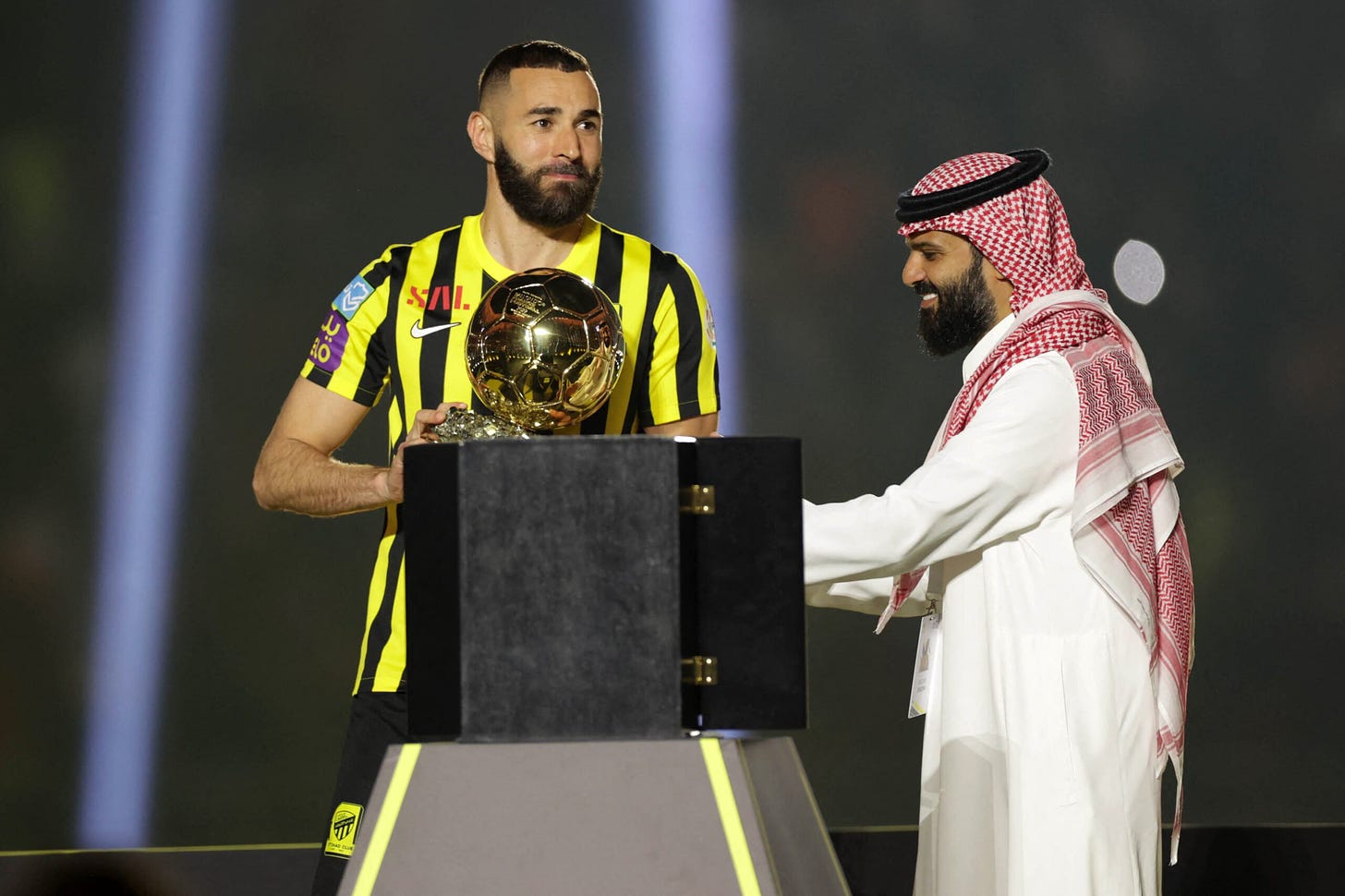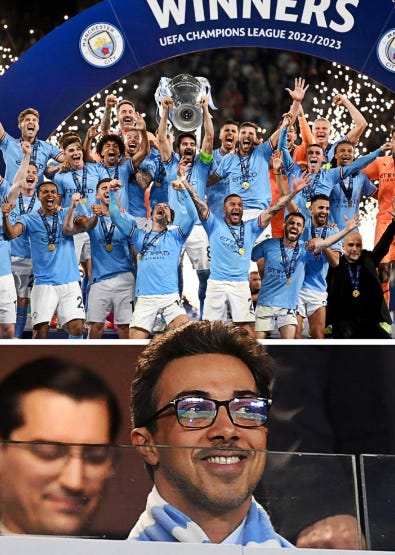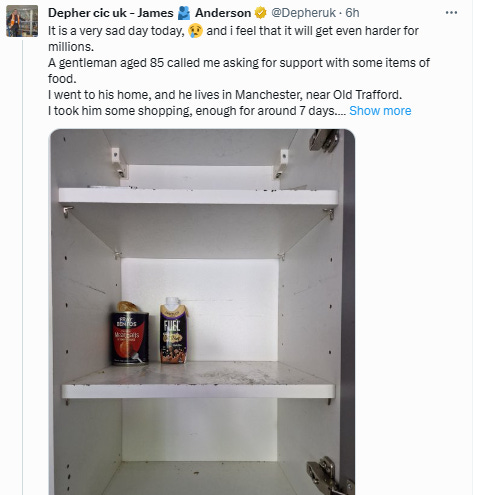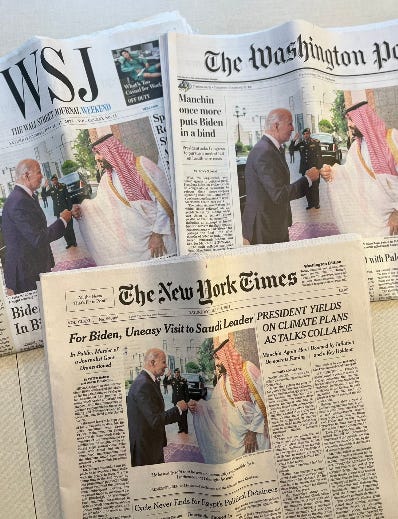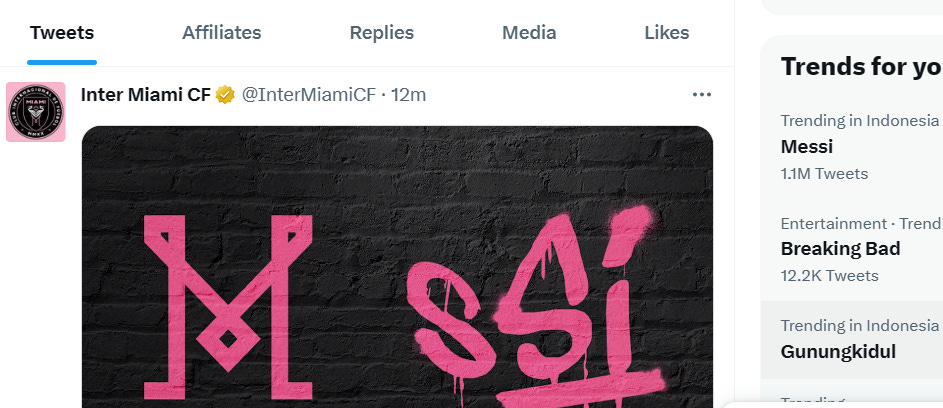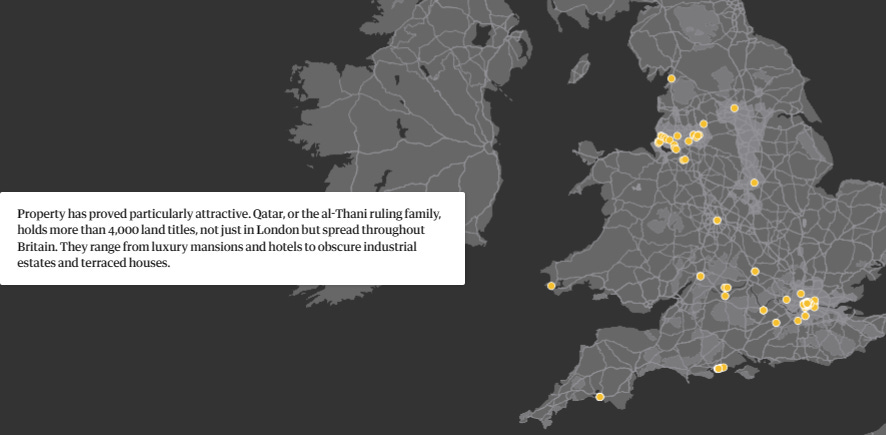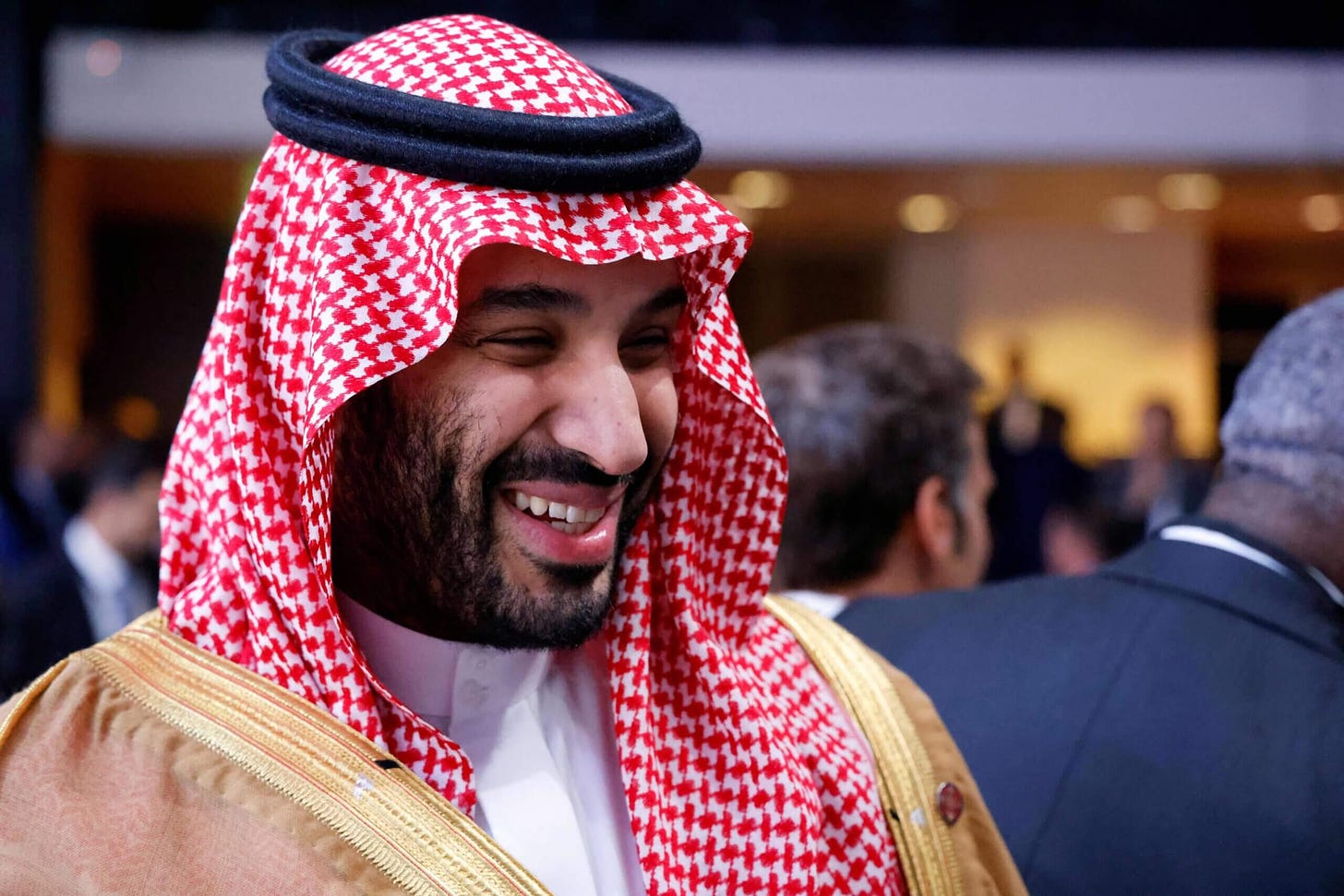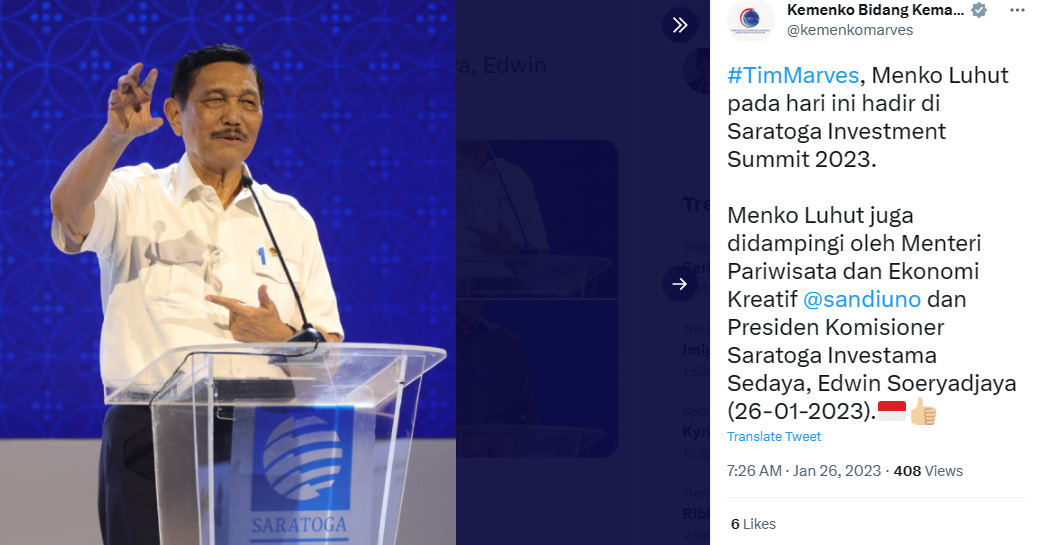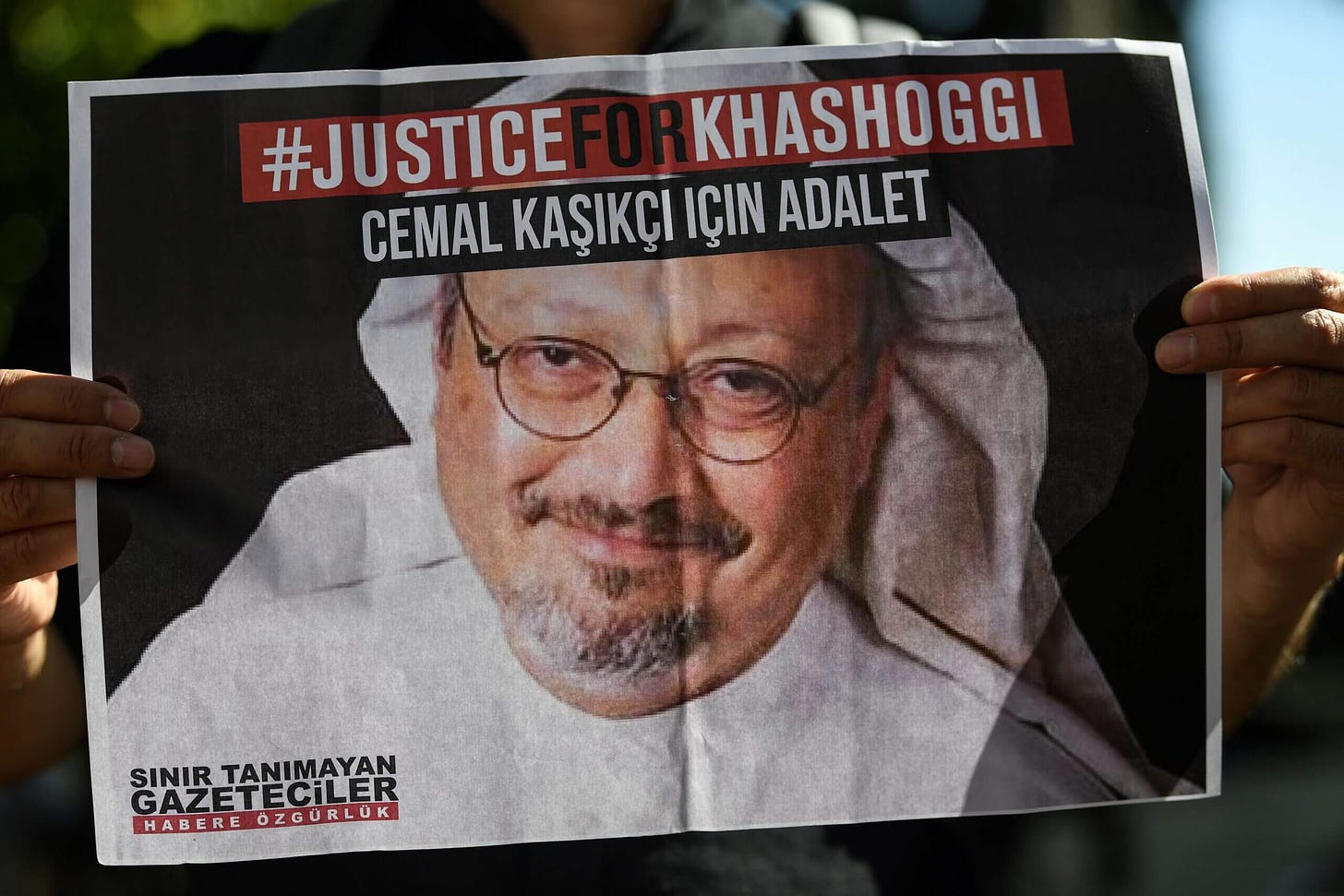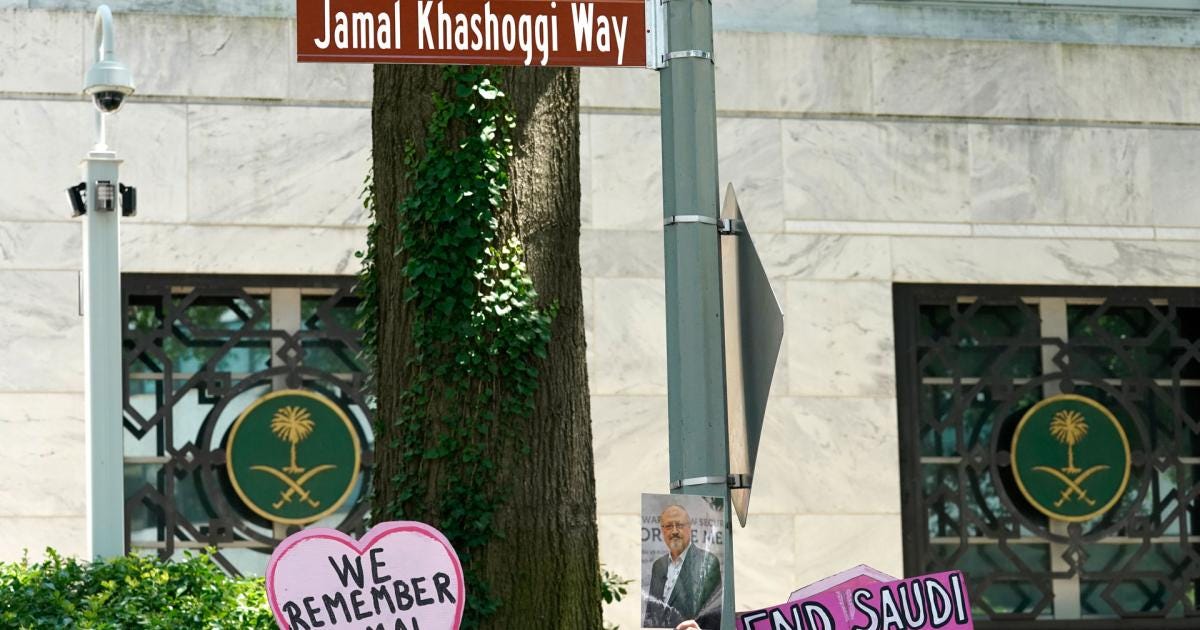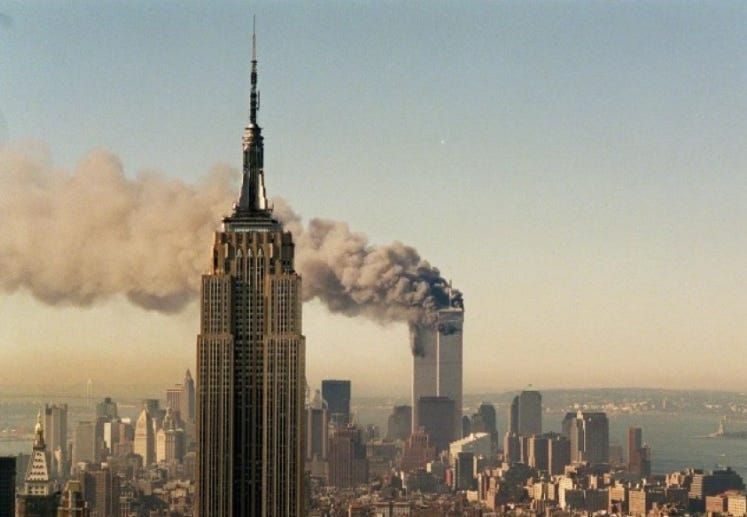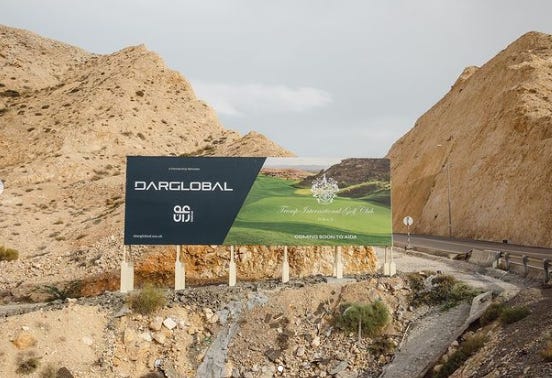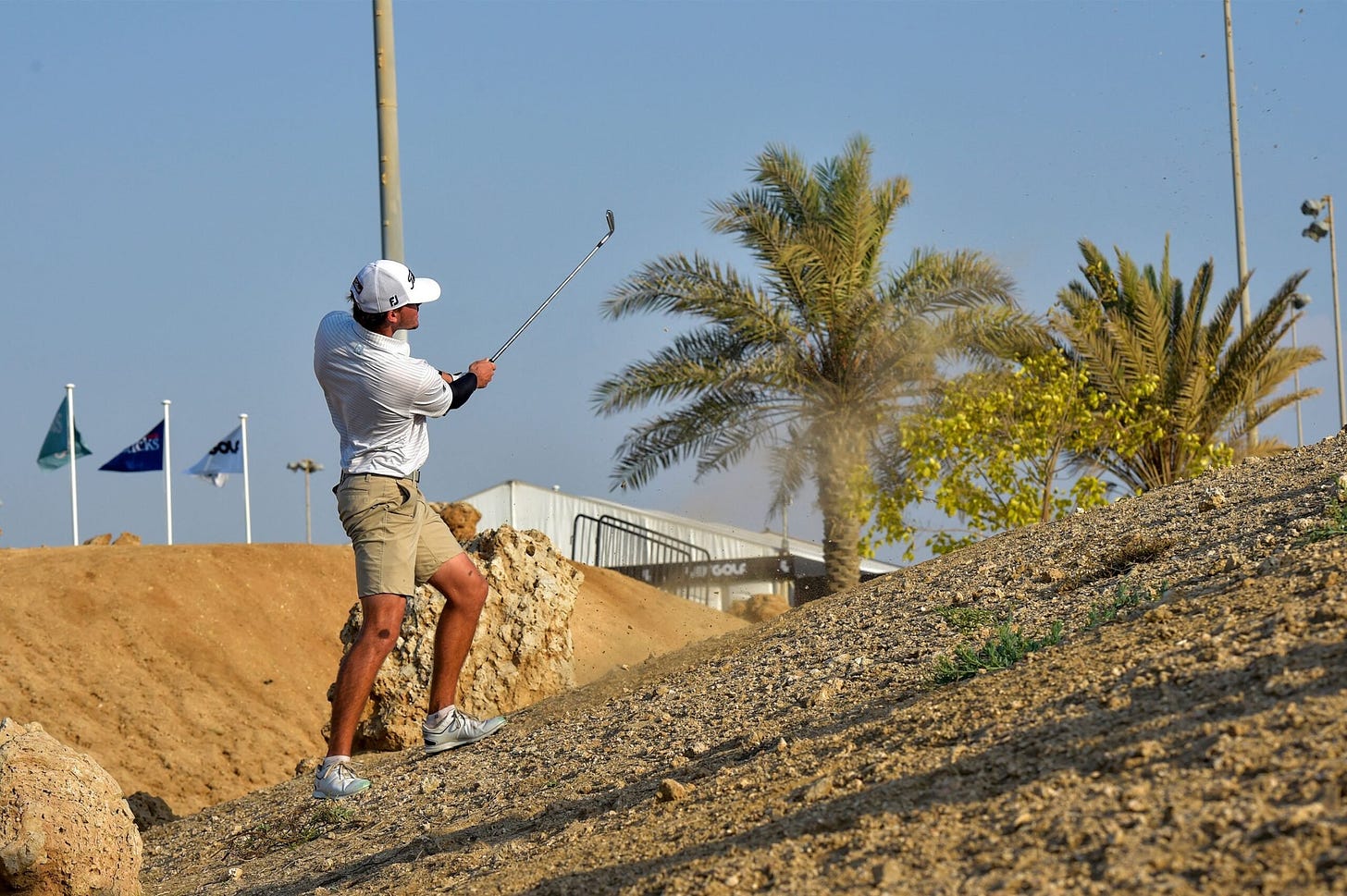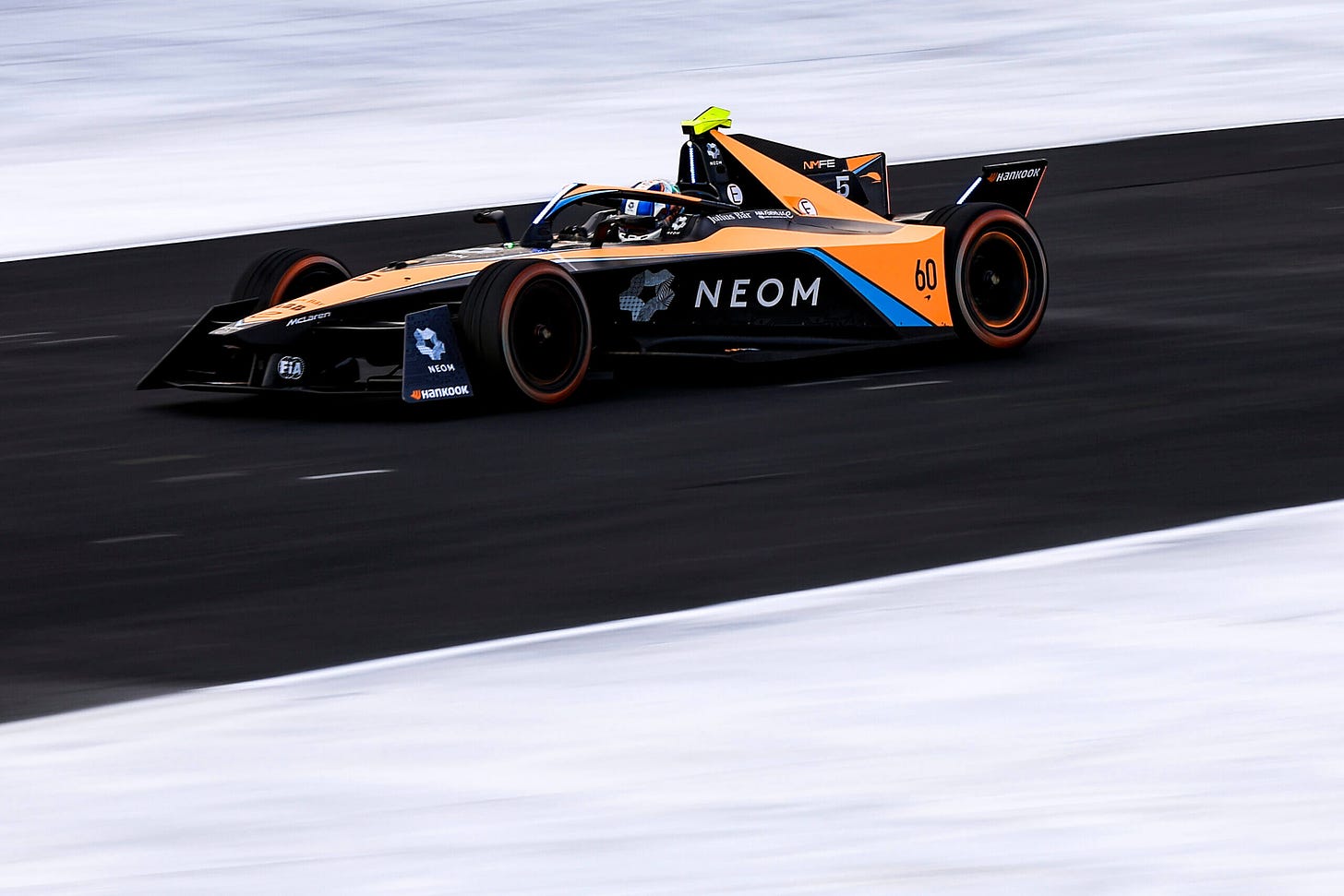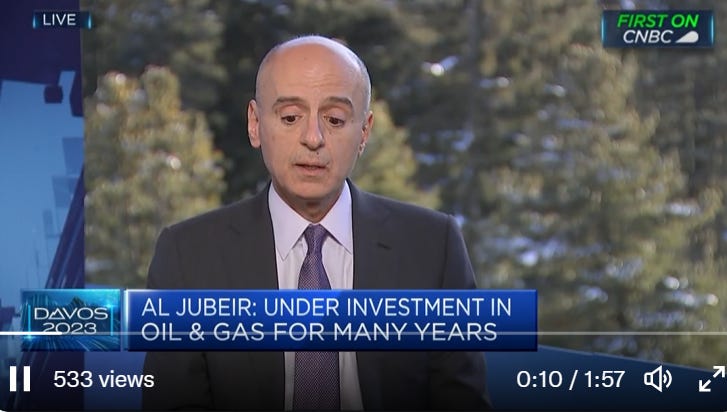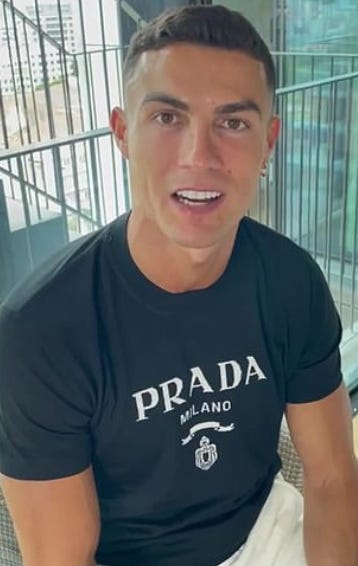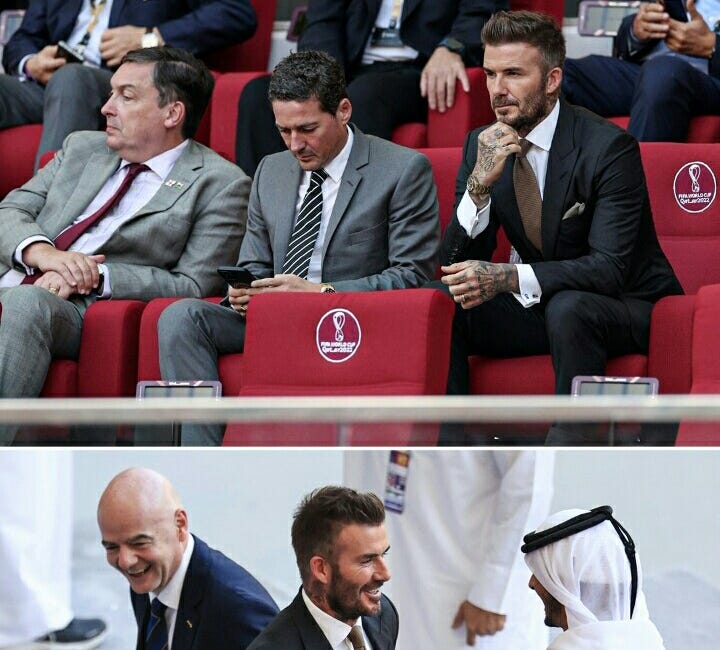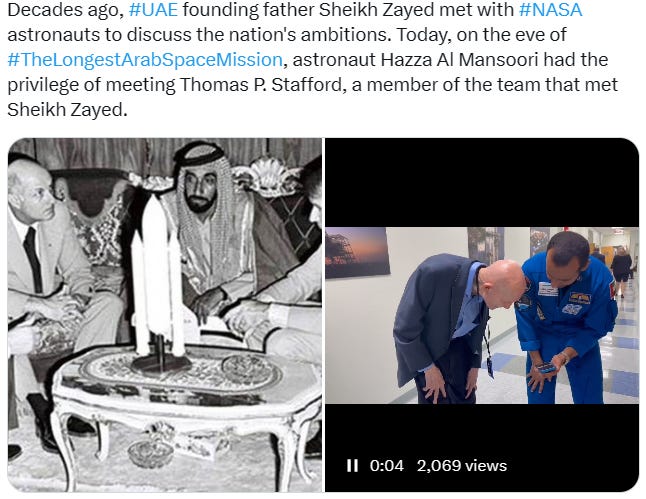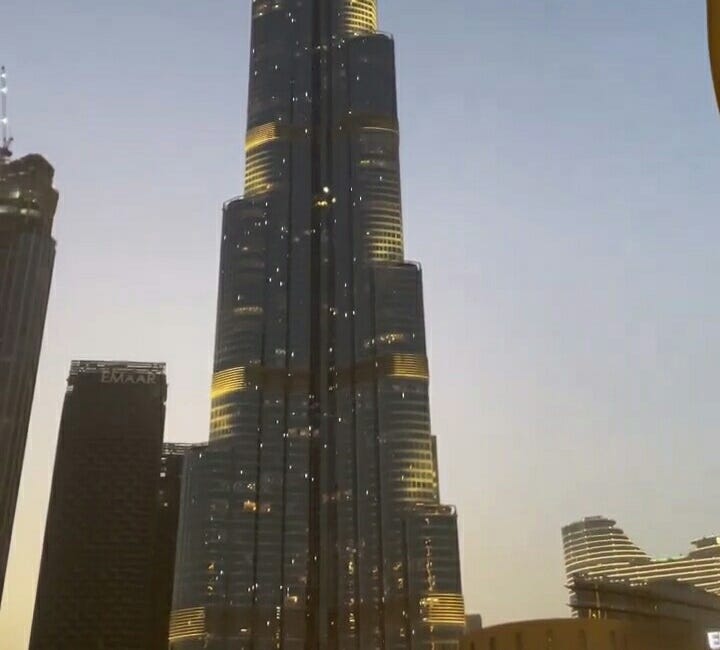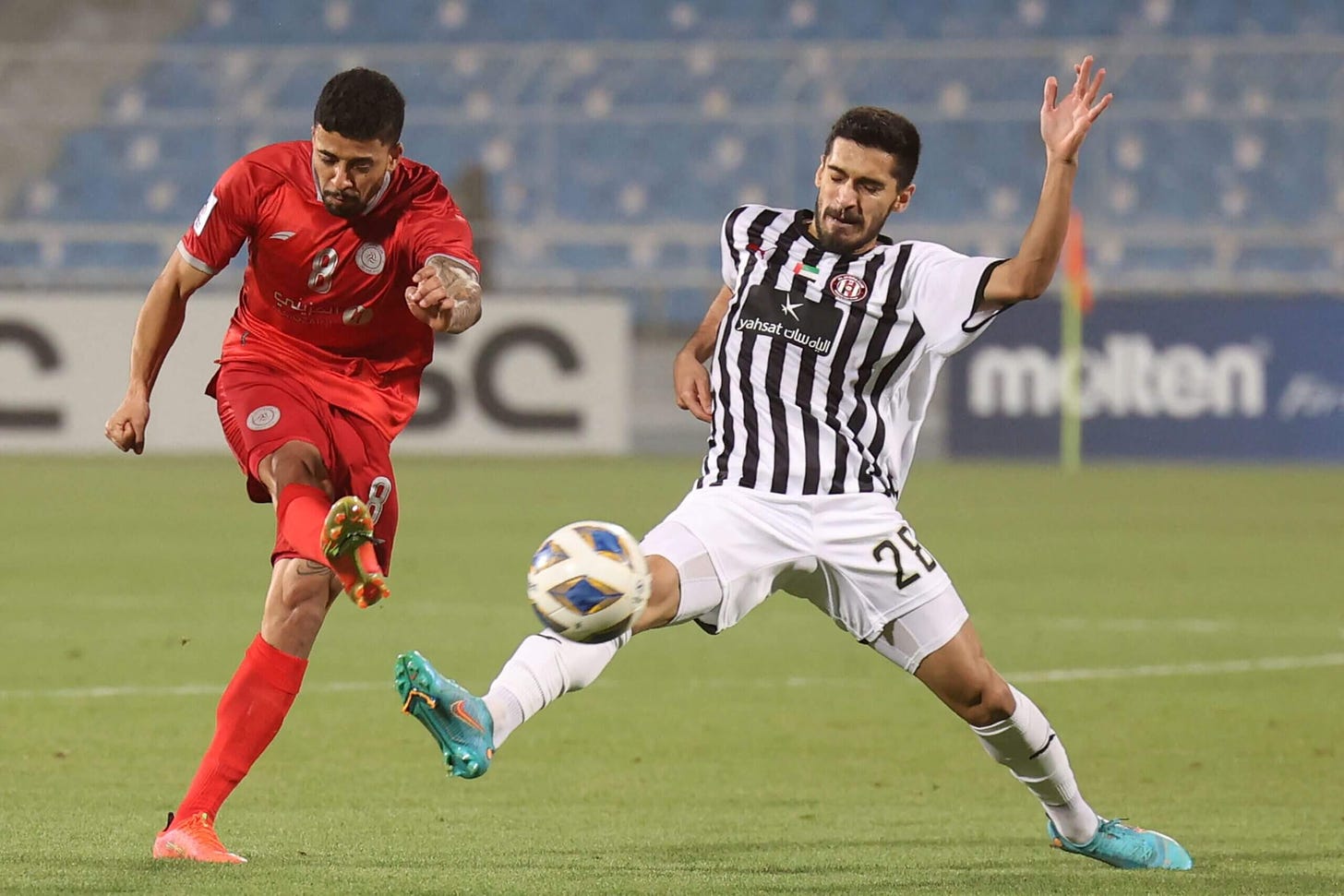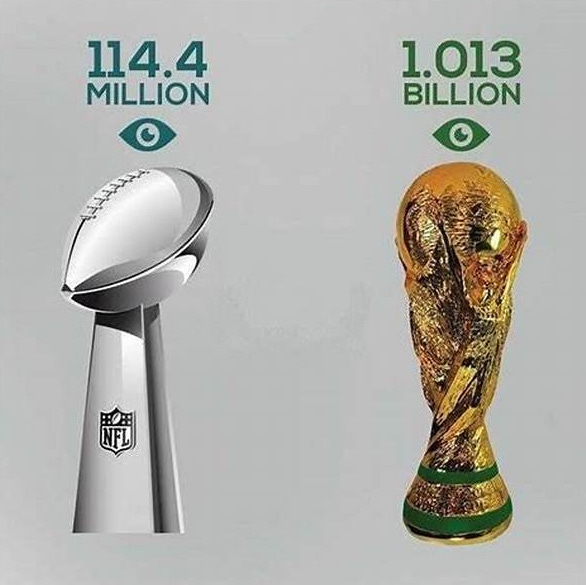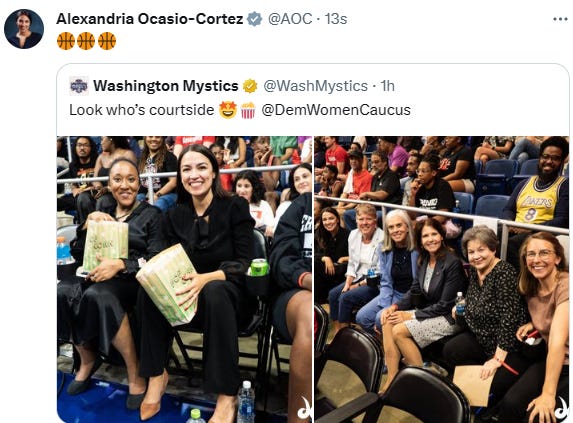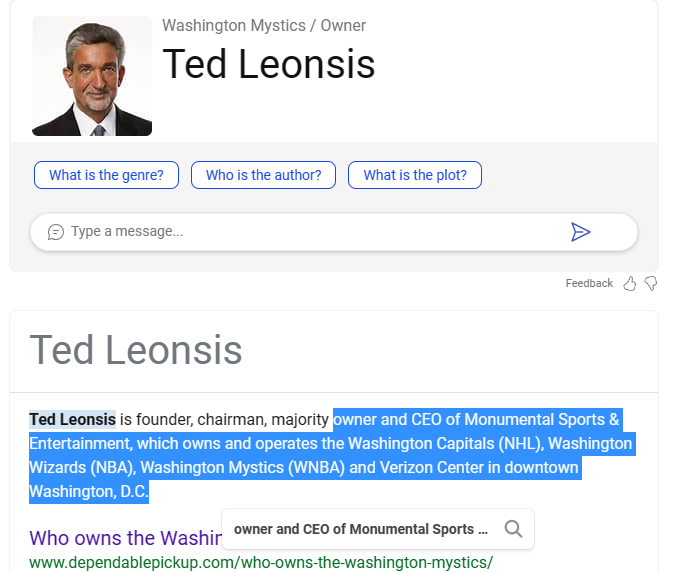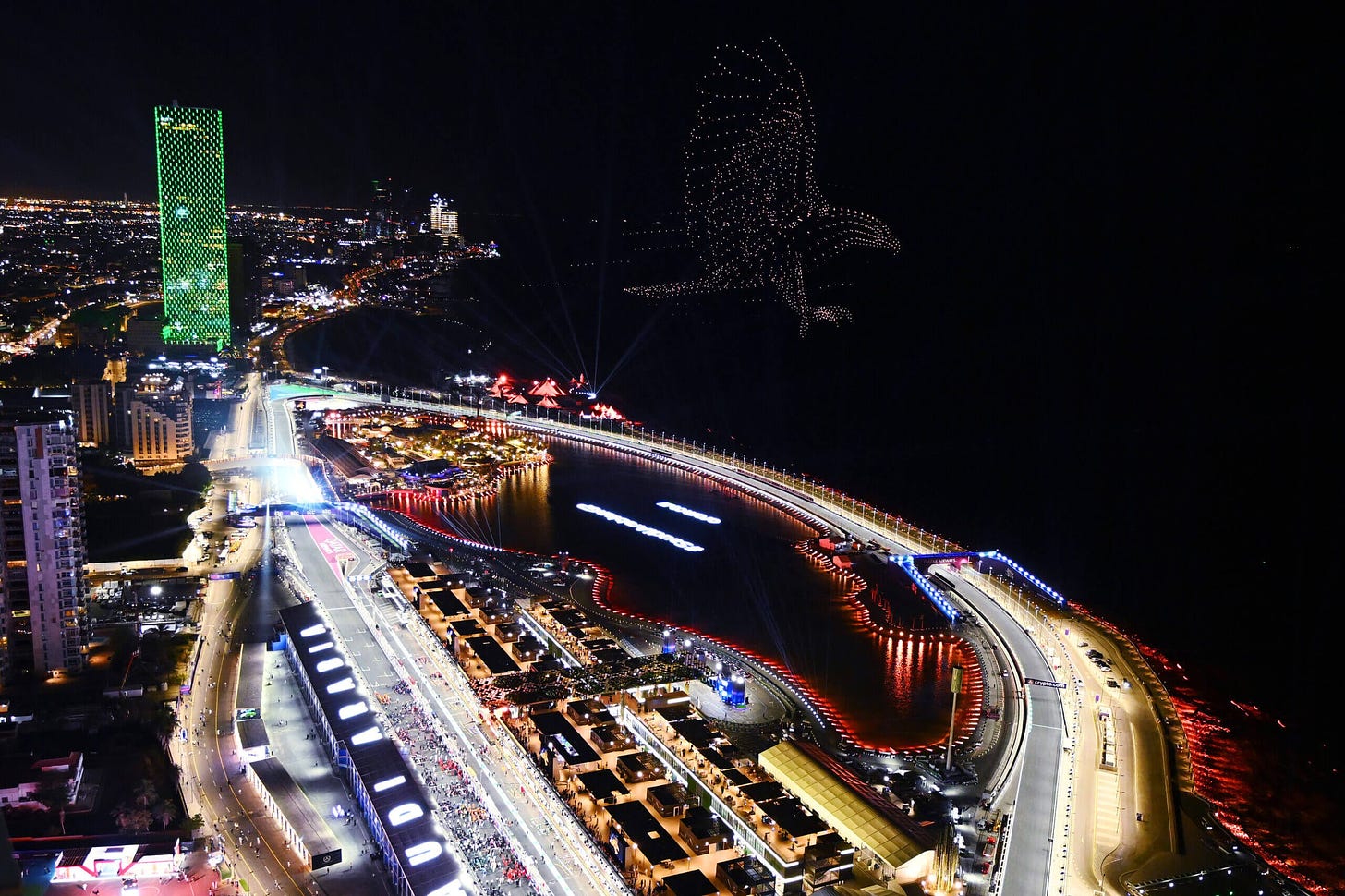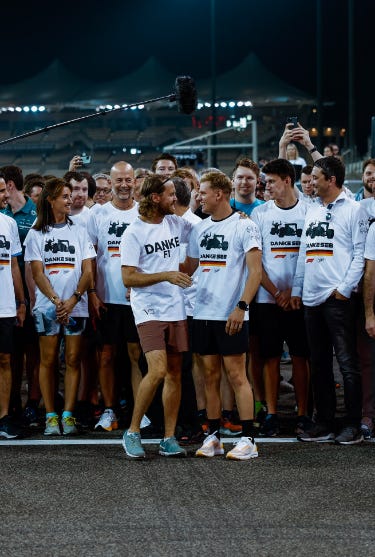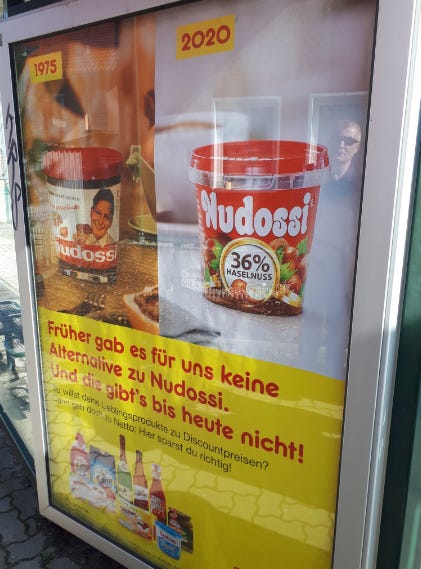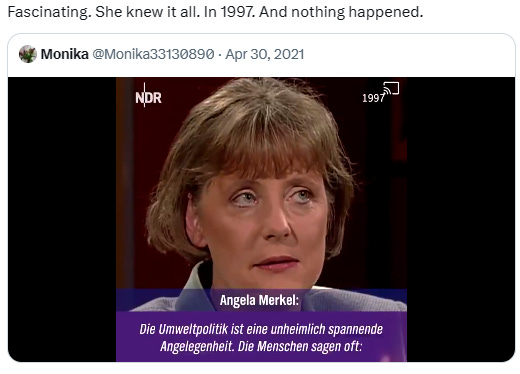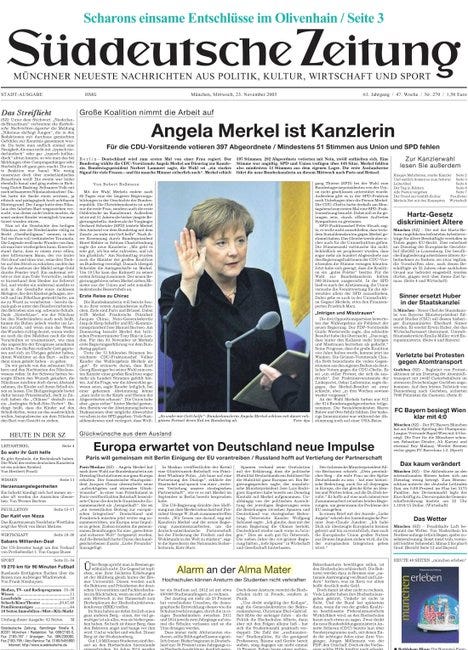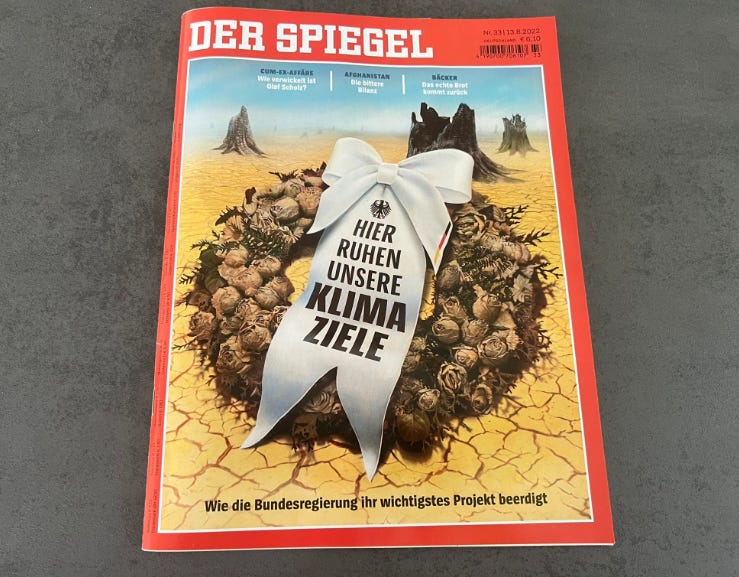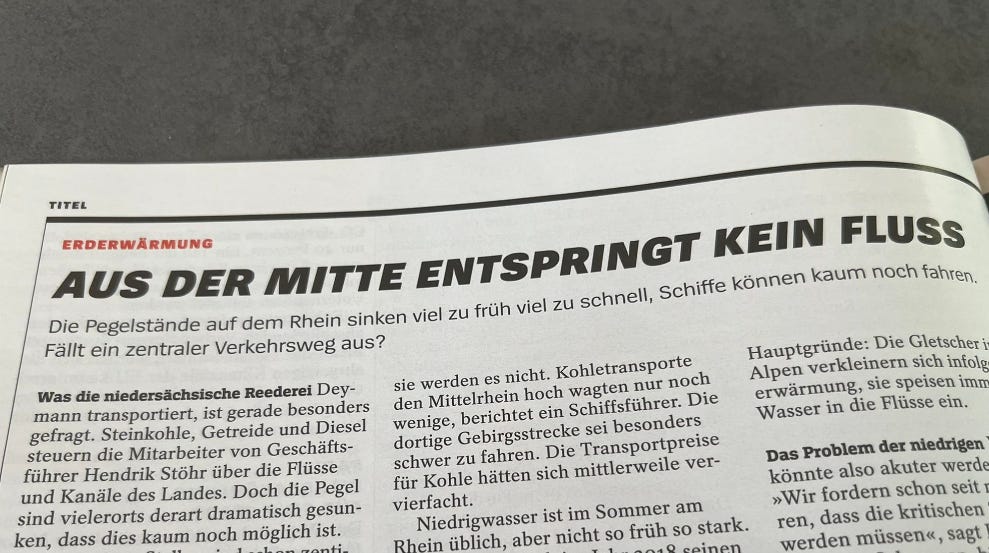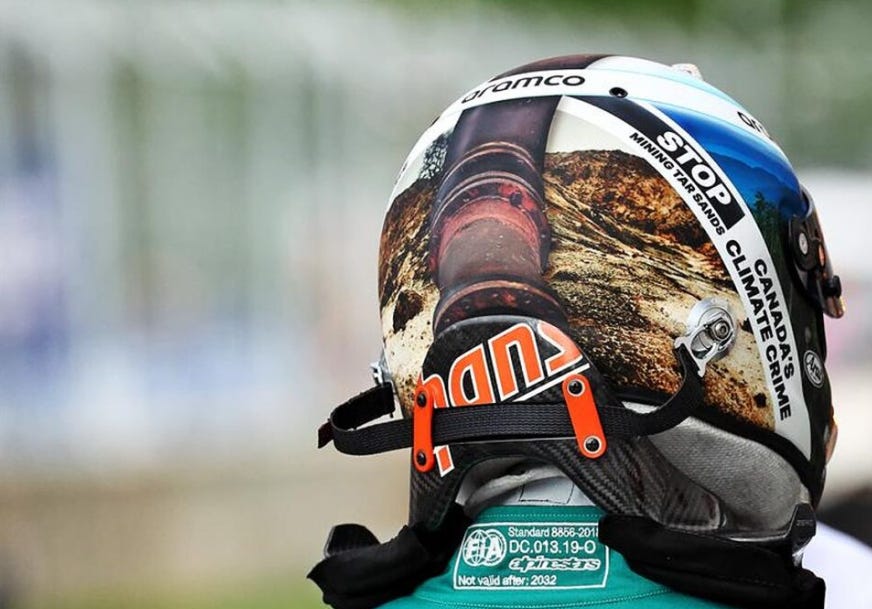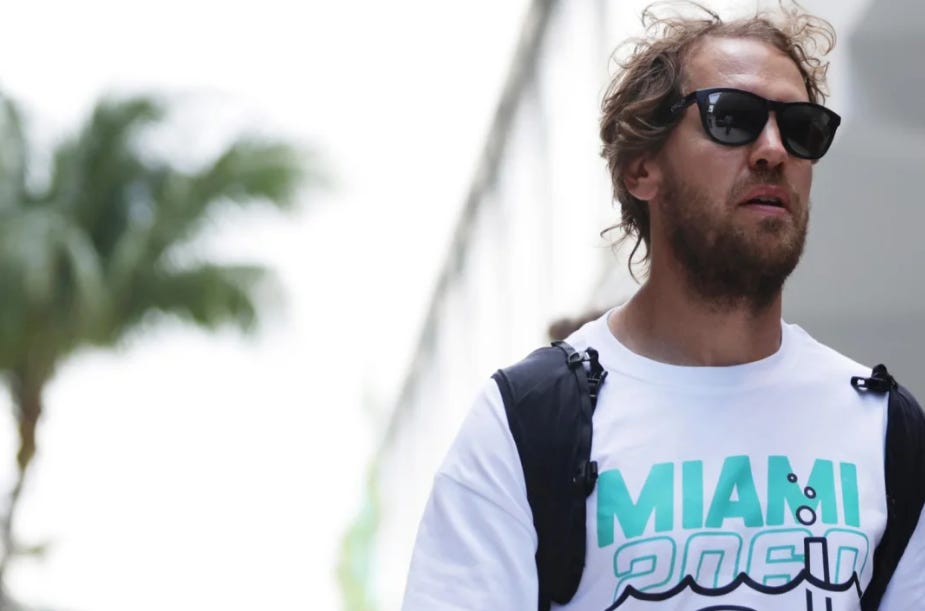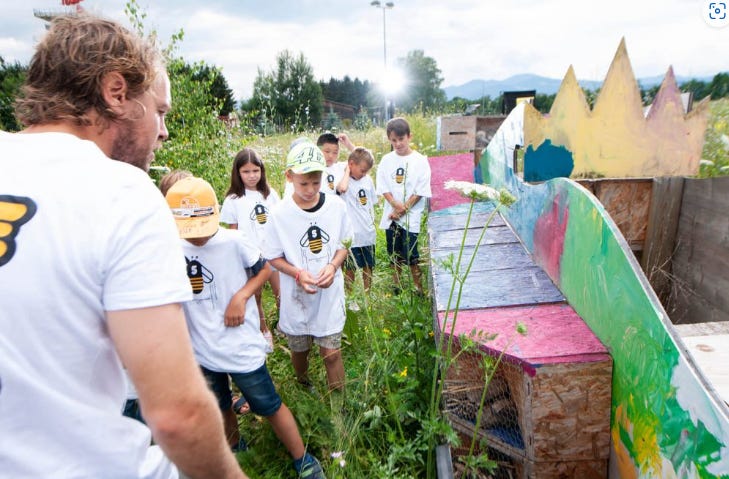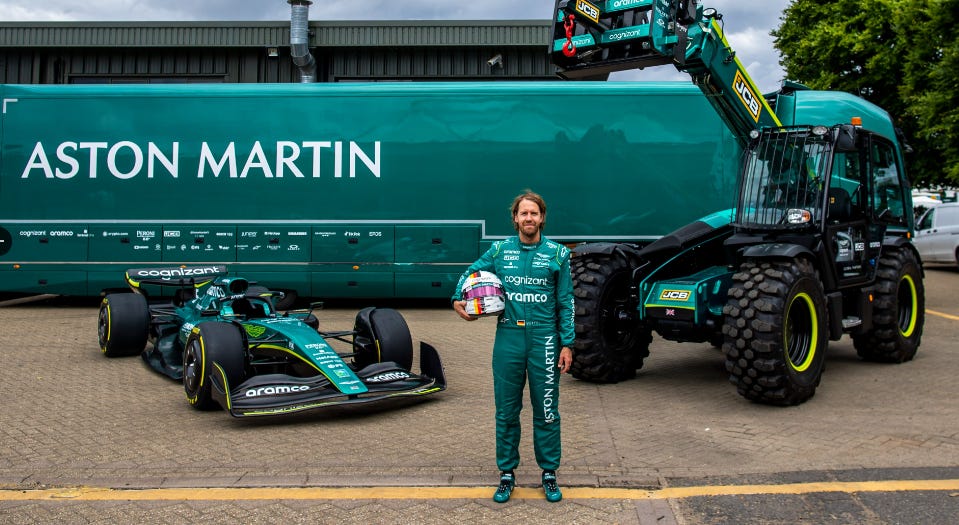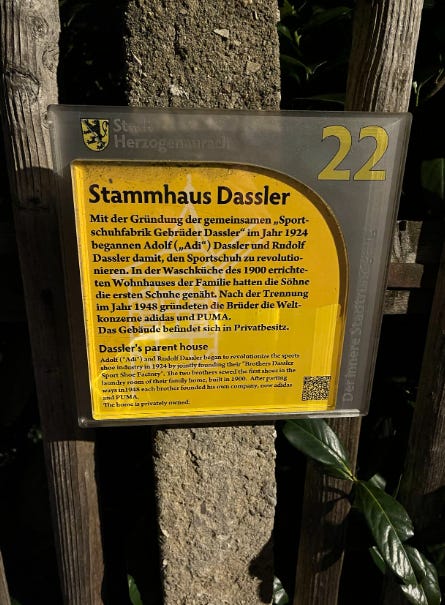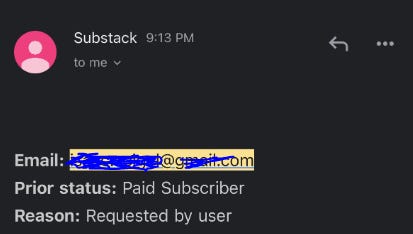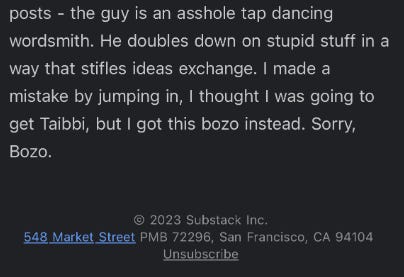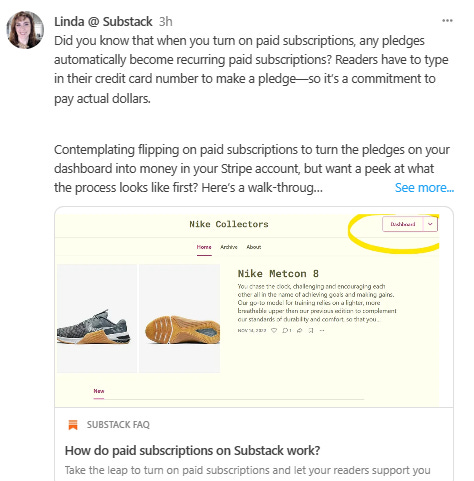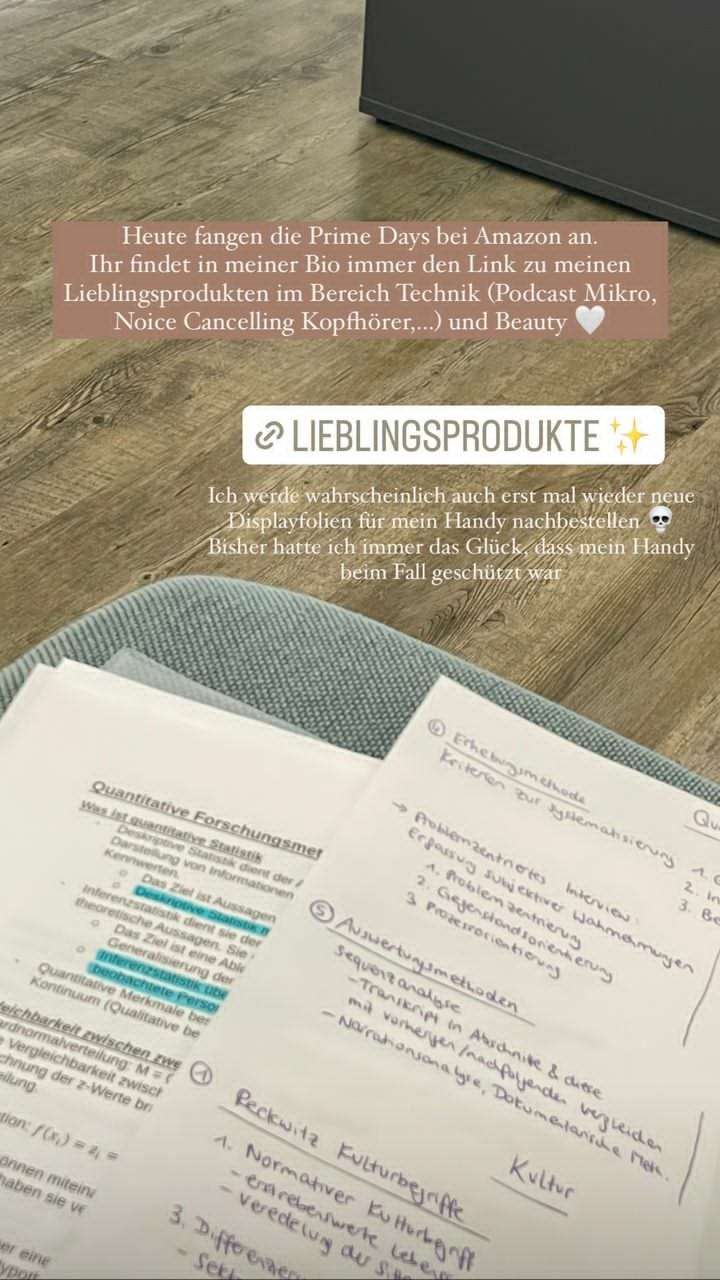10.32pm DC July 11 / 5.32am Riyadh July 12 / 3.32am London July 12
Riyadh and Jeddah, and maybe NEOM try to reduplicate “a global-cosmopolitan life” like Dubai, but Saudi authority set a mandatory (keep) strict regulation for something issues, not everything “open for foreign.” Saudi choose new-but(actually)old approach: sponsoring sports.
(*Net Zero, Saudi’s ARAMCO, and baby - next generation)
July’s packed calendar of sport started with British cyclist Adam Yates beating his twin brother Simon to win the first stage of the Tour de France. Adam rides for UAE Team Emirates and Simon for Team Jayco AlUla, AlUla being an oasis city in northwestern Saudi Arabia.
The following day, July 2, American golfer Talor Gooch won LIV Golf Andalucia, his third victory in nine tournaments in the 2023 edition of the Saudi-backed breakaway series, taking home $4m (£3.1m) for this win.
Twenty-four hours on, former Liverpool footballer Steven Gerrard announced he would be moving to Dammam in Saudi Arabia to manage Al Ettifaq, where he will be paid $10million a season. The same day, Portuguese winger Jota, who has it all before him at just 24, swapped adoration at Celtic in Scotland for remuneration at Al Ittihad in Jeddah, where he will team up with fellow new signings Karim Benzema and N’Golo Kante and look forward to fixtures against his compatriot Cristiano Ronaldo.
Karim Benzema (Photo: AFP via Getty Images)
Three days, three different sports… three more steps towards Saudi Arabia becoming the centre of the global sports industry?
This, after all, comes in the context of recent talks between the Saudis and tennis’ ATP men’s tour over possible investment — one of the subjects dominating Wimbledon in the last week — and the prospect of heavyweight boxer Anthony Joshua returning to the Kingdom to face Deontay Wilder in December. Tyson Fury’s next fight, against Francis Ngannou, will take place in Riyadh on October 28.
Saudi Arabia is also currently hosting Gamers8: The Land of Heroes. Staged at Boulevard Riyadh City, a 220-acre entertainment zone opened in 2019, Gamers8 is an eight-week esports festival that includes 15 elite tournaments at a purpose-built venue, with a prize pool of $45million.
According to Turki Alfawzan, the chief executive of the Saudi Esports Federation, the event “represents a vital step towards our grand vision of becoming a global gaming hub”.
There is a lot more on that in the emails to media companies that have been arriving about twice a day for a week as the powers that be try to spread the word, in between all the others that come from LIV Golf, the Aramco Team Series, the Saudi Pro League, Saudi Arabian Football Federation, Saudi Tourism Authority, Formula E, WWE, World Nineball Tour and every other league or federation that wants to get media space or social media chat about a new Saudi sponsor and/or upcoming event in the Kingdom.
“Fuelled by a combination of oil, Manhattan’s brightest consultants and the disruptive zeal of (crown prince) Mohammed Bin Salman, we have never seen anything like this before — a joined-up, hyper-connected sports strategy where investments are all intended to serve a much greater purpose,” explains Simon Chadwick, a professor of global sport and geopolitical economy at the SKEMA Business School.
“Saudi Arabia’s interest in esports is driven by several factors, one of which is climate — for several months, it is simply too hot to play sports or stage events outdoors,” continues Chadwick. “Esports enables year-round engagement with sport.
“There have already been some successes. The recent FIFA women’s world champion was a Saudi. This plays to the socially transformative role that sport is supposed to have and esports events bring large crowds and inward tourism.
“We have seen evidence of esports’ significance with Jota’s arrival at Al Ittihad. His signing video mimics a console game and the club is owned by the Public Investment Fund (PIF, the Saudi sovereign wealth fund that also owns Newcastle United), which is making major investments in esports, including recent acquisitions of stakes in EA Sports and Chinese firm VSPO. That latter deal is an example of how the Saudi government is using sports diplomacy, as it was an outcome of the meeting between Mohammed Bin Salman and President Xi Jinping in Riyadh last December.”
Dr Kristian Ulrichsen, a Middle East expert at Rice University’s Baker Institute for Public Policy, agrees.
“This emerging and rapidly growing sector appears to be consistent with (PIF governor) Yasir Al Rumayyan’s earmarking of ‘innovative, transformative, and disruptive’ companies and technologies in order to position the Kingdom as a ‘growth engine’,” he says.
But then there are all the other groups vying for people’s attention, from Amnesty International, Human Rights Watch and various academics to campaigners and journalists. They see what MBS, PIF and the Saudi state is doing in sport through a different lens.
“It is not about sports, it’s about influence,” says Dr Khalid Aljabri, a Saudi cardiologist and entrepreneur now based in Washington DC. “How are these investments going to be profitable? If you want me to believe the shallow rhetoric of economic diversification, show me a convincing return on investment model. In fact, PIF’s consultants deemed the multibillion-dollar investment in LIV Golf a non-viable business.
“MBS’ desired returns aren’t financial dividends but a mix of global influence, rebranding and image sanitisation, as well as domestic entertainment and distraction.”
Bread, circuses and sportswashing, then.
Khalid, by the way, is the son of former Saudi intelligence officer and minister of state Saad Aljabri, who has been living in exile in Canada since 2017 when his boss Muhammad Bin Nayef was replaced as crown prince, Saudi Arabia’s heir presumptive, by his cousin, MBS.
Mohammed bin Salman (Photo: Ludovic Marin/Pool/AFP via Getty Images)
The Saudi government claims Saad Aljabri is guilty of corruption and has been trying to extradite him. Aljabri and his supporters say these allegations are politically motivated and have accused MBS of trying to have him assassinated.
For Khalid Aljabri, this is all part of a pattern of repression that started when MBS became deputy crown prince and minister of defence in 2015. That was also the year he took control of the previously small, passive and domestically focused PIF and started to use it as the funding vehicle for Vision 2030, his grand plan for diversifying the Saudi economy that has become a national mantra.
“MBS turned PIF into an agile tool that served his interests first, and the ‘P’ in PIF quickly became more personal than public,” says Aljabri. “He used it for domestic power consolidation by transferring significant assets to PIF during the 2017 Ritz shakedown. Then it was used as a transnational repression tool when PIF-owned jets transferred the assassins that dismembered Jamal Khashoggi.”
The first claim relates to what the Saudi government has always described as an anti-corruption drive led by MBS, which saw as many as 500 Saudi princes, ministers and business leaders detained in Riyadh’s Ritz Carlton for more than a year while the state lightened their wallets and seized assets.
The second allegation is linked to the most notorious episode of the MBS era, the 2018 murder of a prominent critic. Khashoggi, a journalist for The Washington Post, was lured to the Saudi consulate in Istanbul where he was ambushed by a squad of assassins, tortured and strangled to death. His body was chopped up and his remains have never been found.
A poster of Jamal Khashoggi held up by protestors in Istanbul (Photo: Ozan Kose/AFP via Getty Images)
Having initially rejected any involvement in the crime, the Saudi government eventually admitted it was a premeditated murder but denied it had been ordered by MBS, although he later accepted responsibility for it “because it happened on my watch”. The Central Intelligence Agency believes MBS ordered the killing.
“PIF’s investment in sports not watched or played inside Saudi Arabia (such as cycling, golf and tennis) is another example of why these investments are mainly about rebranding the Kingdom’s image and buying influence, not improving domestic public health or diversifying the economy,” says Aljabri.
“MBS is investing like a runaway train, throwing cash out the window. What happened with golf was just the beginning: MBS will target other U.S. sporting institutions through investments or sadistic takeovers.
“Suppose he can’t join a team or a league, he will just create an alternative start-up, poach the best talents with unmatchable contracts and drag the incumbents into exhaustive litigation until they surrender and give him a seat at the table. If you can’t join them, bully them until they let you in.
“The U.S. is essential to Saudi Arabia. MBS craves pre-Khashoggi U.S. engagement and red-carpet treatment. All this talk of a Saudi pivot to China is overstated – China would never replace the U.S. as the Kingdom’s main security guarantor.”
On Tuesday, the U.S. Senate’s permanent subcommittee on investigations hearing on the recently announced merger of LIV Golf and the PGA Tour, the circuit on which most of the world’s best golfers still play. That merger brought a dramatic end to a guerrilla war that was hurtling towards an expensive and potentially embarrassing battle in the courts. American lawmakers have not had their say on the matter yet but are expected to raise many of the points Aljabri has voiced here.
But there are many who disagree with Aljabri, Amnesty, HRW and all the other proponents of the “it’s sportswashing, stupid” school of thought, including some who have been critical of MBS’ Machiavellian approach to politics.
“I don’t believe in the term sportswashing — it seems too simplistic for what’s going on in Saudi Arabia,” says Bradley Hope, a journalist and author of the 2020 bestseller Blood and Oil: Mohammed Bin Salman’s Ruthless Quest for Global Power.
“Of course, he is keen to get past the association with the Khashoggi murder and the war in Yemen, but I don’t think that’s what’s motivating him. I don’t think Saudi Arabia’s support for sports really changes the opinion of people about those events.
“His ‘political base’, if you could use that term — it is an absolute monarchy — are the young people of Saudi Arabia. He is keen to make the country a better place for them to live, including better jobs, education and entertainment.
The LIV Golf Invitational in Jeddah (Photo: Amer Hilabi/AFP via Getty Images)
“The other thing that is very important to him is making Saudi Arabia a tourist destination and sports are a great magnet for international travellers. MBS has plans to make Saudi Arabia a place like no other on earth and he has the funds to go big in ways Dubai, for example, could never compete with.
“It won’t happen overnight but there’s a lot more going for Saudi Arabia than people realise: its much bigger area, the diversity of its terrain, its authentic historical sites in AlUla and Diriyah, its long coastline on the Red Sea, and some interesting strategies that are different to other regional centres. Sport is a big part of making Saudi Arabia a place people want to visit.”
And not just visit. The most important part of Vision 2030 is not the $10billion or so PIF will invest in sport in Saudi Arabia and abroad, but the trillions of dollars MBS has earmarked for his domestic “giga projects”, a growing list of massive infrastructure upgrades and futuristic new cities.
“In scale, the investment in sport is nothing,” explains a British consultant who has been working with PIF on a Vision 2030 project. He is speaking anonymously to protect what promises to be a highly lucrative business relationship.
“Have you seen (planned new ‘smart city’) NEOM? They are building a new country — $500billion and there is barely a brick in the ground.
McLaren’s Formula E car, carrying the name of Saudi title partner NEOM (Photo: Buda Mendes/Getty Images)
“Sport is genuinely the tool to drive a more active population, but the budget won’t get close to what they’re spending on entertainment and tourism. For context, the biggest consulting project I’ve seen in the sports sector is for $5million. They’re making $100million awards for tourism projects.”
Dr Ulrichsen, whose next project, naturally, is a book about Saudi Arabia and football, puts it like this. “As 2030 approaches and the ‘giga-projects’ move toward completion, Saudi Arabia will need millions of new residents and visitors to populate them if they are to meet MBS’ expectations.”
“He told a documentary about (proposed new linear city) The Line last month that he projected the Saudi population to reach 50million by 2030, up from about 33million today.
“Raising awareness about how Saudi Arabia is changing, especially among affluent visitors and investors, and generating interest in the Kingdom as a destination, whether through golf in the U.S. or AlUla’s inclusion in the name of a cycling team, may be about creating the flows of people and capital needed if the giga-projects are to succeed.
“Qatar and the UAE have their own long-term plans and have had a decade-long headstart on Saudi Arabia in engaging with global sport, but the sheer level of resources the Kingdom is allocating to its sports drive could blow these regional first-movers out of the water.”
This is how it feels to most Saudis in Saudi Arabia, too.
“There is a feeling of huge optimism about the future,” says Aziz Alghashian, a Saudi researcher and fellow at Lancaster University’s Richardson Institute.
“Everything is connected to Vision 2030 — it’s everywhere. It’s the fusion of these big projects and sport. People just think this is the era of MBS and Saudi Arabia.
Al Shabab’s Paulinho, left (Photo: Fayez Nureldine/AFP via Getty Images)
“The pace of change is causing some concern, especially among the older generation. Saudi Arabia is more socially conservative than religiously conservative and you do hear people complain about how quickly things are changing — not so much with sport, but more with the big music concerts.
“But this all really resonates with Saudis, especially the young. Everyone wants to be an entrepreneur now because MBS is thought to be entrepreneurial.
“The fact he didn’t go abroad to be educated is also seen as a positive. A lot of what he is trying to do with sport, education, the economy and so on is to say: ‘You don’t need to leave Saudi Arabia — we’ll bring abroad to you’.”
So, it does not seem to matter that it is too hot to play golf in Saudi Arabia for large chunks of the year or that you do not see many Saudis cycling, running or playing tennis.
It also does not appear to be important whose idea these sporting investments are, as MBS is going to get the credit anyway and nobody will really complain if 2030 comes along and a Saudi Pro League side has not won the soccer/Football Club World Cup. The deadline will just be extended.
In the meantime, Saudi Arabia will continue to sow its oats.
“There are and have been tens of thousands of management consultants coming up with every idea known to man about how to help MBS achieve his goals,” says author Hope.
“On top of that, he follows his own interests and can be driven by the interests of others in his circle. The interest in golf originated with (PIF boss) Al Rumayyan, who is a golf fanatic. Turki Al-Sheikh, another of his advisors, is a big soccer fan and is driving aspects of that strategy.
“As far as I know, MBS isn’t personally a sports fanatic. He’s a bit more into esports and seems anecdotally more intrigued by things with an element of technology woven into them, such as Formula E.
“I did hear he was learning to play golf because he had wanted to play a round with President Trump when he was in office, but that never came to be.”
The intriguing question is where Saudi Arabia could go next, particularly in the context of U.S. sports.
Last December, the NBA — a league which boasts a huge, global fanbase — changed its rules to allow sovereign wealth funds to buy minority stakes in its teams, although they cannot own more than 20 per cent of a team.
NBA commissioner Adam Silver said last month that no Saudi-backed fund has tried to invest in a team, but others are now entering the marketplace. The Qatari Investment Authority, the Gulf state’s sovereign wealth fund, is preparing to buy a stake in Monumental Sports and Entertainment, the parent company of the Washington Wizards NBA team, the Washington Capitals NHL side and Washington Mystics WNBA franchise. Abu Dhabi’s Mubadala sovereign wealth fund has also been looking for a minority stake in an NBA franchise.
(*just hours after US Senate hearing-investigation on LIV/PGA Merger, AOC and several Democrat Women Caucus watching Washington Mystics)
Acquiring a foothold in the NFL would be more complicated for Saudi Arabia: rules prohibit foreign investment in its franchises, so they would have to change for the Saudis to expand their influence there, or the Saudis would have to set up their own independent league. The PGA Tour, however, proved that apparently hardline stances can be ripped up for the right price, so nothing can be completely ruled out.
In many ways, however, it is the investments in gaming and motorsport that are the best examples of Saudi Arabia parking its tanks on people’s lawns, as they combine existing domestic interest with future economic gains.
The Jeddah Corniche Formula One circuit (Photo: Clive Mason/Getty Images)
“Just as we have seen Saudi Arabia moving very fast, often in a disruptive way, across other sports, the country has rapidly established itself as a major player on the global motorsport scene,” says Professor Chadwick.
“It has become an event host, staging F1 and Formula E races and the Paris-Dakar rally. (Saudi Arabia’s biggest company, and 7th biggest company in universe) Aramco has become an F1 sponsor, while PIF has taken ownership stakes in both the Aston Martin and McLaren F1 teams, although it has just sold the latter.
April 2022, Alberta energy minister Sonya Savage has told Aston Martin’s Sebastian Vettel (already retired-his last race is F1 2022) that he is a hypocrite for questioning the mining of Tar Sands in the region of Canada.
(Vettel retirement. Danke/Thank You)
Vettel has long used his position within F1 to campaign for causes such as equality, social justice, and environmental awareness. But maybe entire German people really extreme on environmental issues-amid hypocrisy. FM Annalena Baerbock from Green Party, but very supportive, sometime hawkish, about her approach on Ukraine - Russia issue. Nudossi, a choc spread without palm oil (ohne palm oil; 0% palm oil), very popular in Germany. A lot of German says no for Nutella-use 40-43% palm oil.
(Merkel. Her long interview about Climate Change. 1997)
The four-time world champion worked with children in Austria last year to create a hotel for bees, and spent the afternoon after the British Grand Prix helping to collect litter in the grandstands.
In Miami 2022, he wore a t-shirt warning that the city would be underwater by 2060 if attitudes towards global warming did not change.
The 36-year-old rode in on his bike to the Circuit Gilles Villeneuve with a shirt that read: “Stop mining tar sands… Canada’s climate crime.”
Vettel is also wearing a helmet this weekend that speaks out against oil drilling, and he emphasised on Friday how harmful oil drilling is.
Vettel became the sport’s youngest world champion when he took his first title at 23 years and 134 days old, and has amassed 53 wins. He took four consecutive titles for Red Bull between 2010 and 2013.
“I think what happens in Alberta is a crime because you chop down a lot of trees and you basically destroy the place just to extract oil and the manner of doing it with the tar sands, mining oil sands, is horrible for nature,” he said in the press conference.
“There’s so much science around the topic that fossil fuels are going to end, and living in a time that we do now these things shouldn’t be allowed anymore and they shouldn’t happen.
“So it is just in principal to raise awareness.”
Vettel travels the world racing in F1, and his Aston Martin team are sponsored by Saudi Arabian oil firm Aramco, so his comments were perplexing to Savage.
In British Grand Prix 2022, Vettel sympathises with the environmental protesters who invaded the track at the British Grand Prix on Sunday. Vettel, who has been an outspoken climate campaigner for some time, conceded that the activists’protest could have put lives at risk.
Activists from the Just Stop Oil group had breached the fencing and sat down on the track on the opening lap at Silverstone shortly after the Chinese driver Zhou Guanyu had suffered a high-speed crash at turn one. The race was stopped immediately but five protesters took to the track on the Wellington straight while the cars were still circulating back returning to the pits. They were before being removed by the authorities shortly afterwards.
Their methods for the protest actions were widely condemned as dangerous but Vettel joined Lewis Hamilton in expressing support for their cause. “Everybody is free to have their own view on it,” Vettel said.
“These people don’t act out of frustration but they are desperate and I very much sympathise with their fears and anxieties which I think everybody who understands the size of the problem that’s drifting towards us can understand. On the other hand, I see the other side. There’s marshals trying to stop people from doing these kind of things. You’re risking people that are involved in the race weekend, drivers, marshals. So there’s two sides. I think the message was very clear and I completely sympathise with their fears and anxieties.”
James Skeet, a spokesperson for the group, said he believed the action had been a success in drawing attention to their cause. “We are out of time unfortunately,” he said. “We are in a dire situation.”
Outspoken environmentalist Vettel has acknowledged the "extreme dichotomy" of wearing the name of the world's biggest oil company on his chest and Formula 1 car in 2022.
Aston Martin has sealed a massive title sponsorship deal with Aramco - the state owned Saudi oil giant Aramco - at precisely the same time as quadruple world champion Vettel is predicting the demise of the industry.
"Fossil fuels will die out - hopefully very soon," he told Radaktionsnetzwerk Deutschland.
Vettel, 36, said companies like Aramco need to "ask themselves how they want to shape the future".
"It can be an opportunity," he also told the German broadcaster RTL. "More needs to be done, new paths need to be explored."
As for his own personal situation, Vettel admitted the "extreme dichotomy" of simultaneously representing the world's biggest oil giant whilst maintaining his anti-fossil fuel stance.
When asked if that is a dilemma, he added: "That's right.
"None of this is happening fast enough for me," said Vettel when contemplating the next steps for the energy industry and planet.
"We have to tackle the problems now and find solutions. Formula 1 offers so many opportunities to point the way to the future of mobility, but it's true that the different interests stand in each other's way.
"The goal must therefore be to bring about as much change as possible from within. The pressure from the outside is growing and Formula 1 will be in trouble if it doesn't adapt."
As for Aston Martin's massive Aramco deal, Vettel insisted that it was "not my decision".
"But it's a good thing that these questions are asked," he said. "I know that my job is not very environmentally conscious and not very sustainable, so I don't see myself as a role model in that respect."
Rather, he sees himself as a single voice to "inspire and convince as many people as possible that we can shape a better future".
He has of late expressed his ambivalence at competing in F1, a sport that has an enormous carbon footprint because of the air travel involved.
He noted a combination of factors had inspired his decision, including wanting to spend more time with his family and to be with his three children as they grow up, but also an interest in other issues outside F1 that had become of increasing importance to him. “I know how intense this job is and how much dedication goes into this and if you do this I am convinced you have to do it the right way,” he said in Budapest before this weekend’s Hungarian Grand Prix. “But also physically time away from home, from kids and family. I have [also] grown other interests and views and I can’t ignore these voices.” He has been vocal on environmental issues in the past and specifically cited the climate emergency as a factor in making his mind up.
“Obviously, travelling the world, racing cars and burning resources, literally, are things that I cannot look away from,” he said. “Once I think you see these things and you are aware, I don’t think you can really unsee it. When it comes to the climate crisis, there is no way that F1 or any sport or business can avoid it, because it impacts all of us. Maybe it’ll be pushed back or be more quiet, but it’s only a matter of time – that we don’t have.”
Vettel has enjoyed an impressive career, having made an instant impact with a remarkable win for Toro Rosso at Monza in only his second season, but success has largely eluded him in recent years. After winning his four titles he joined Ferrari in 2015 and challenged for the championship twice with the Scuderia in 2017 and 2018 but was beaten both times by Lewis Hamilton.
It’s not clear why, but one theory is that PIF will buy an entire team, possibly to coincide with the new track at Qiddiya, another of the tourism giga-projects.
“All of these investments, as well as the electric-powerboat racing and battery powered sand-dune bashing, are consistent with the country’s investments in alternative energy, which is intended to help it jump from being an oil giant to a green energy power. It is worth remembering that Saudi Arabia is positioning itself to become a global supplier of lithium, a key component of big batteries.”
And you thought it was all just about Newcastle United winning the Champions League. A great game is afoot, but football is only a drop in the barrel.
==========END————
Thank you, as always, for reading. If you have anything like a spark file, or master thought list (spark file sounds so much cooler), let me know how you use it in the comments below.
If you enjoyed this post, please share it.
If a friend sent this to you, you could subscribe here 👇. All content is free, and paid subscriptions are voluntary.
————
-prada- Adi Mulia Pradana is a Helper. Former adviser (President Indonesia) Jokowi for mapping 2-times election. I used to get paid to catch all these blunders—now I do it for free. Trying to work out what's going on, what happens next. Arch enemies of the tobacco industry, (still) survive after getting doxed. Now figure out, or, prevent catastrophic situations in the Indonesian administration from outside the government. After his mom was nearly killed by a syndicate, now I do it (catch all these blunders, especially blunders by an asshole syndicates) for free.
(Very rare compliment and initiative pledge. Thank you. Yes, even a lot of people associated me PRAVDA, not part of MIUCCIA PRADA. I’m literally asshole on debate, since in college). Especially after heated between Putin and Prigozhin. My note-live blog about Russia - Ukraine already click-read 4 millions.
=======
Thanks for reading Prada’s Newsletter. I was lured, inspired by someone writer, his post in LinkedIn months ago, “Currently after a routine daily writing newsletter in the last 10 years, my subscriber reaches 100,000. Maybe one of my subscribers is your boss.” After I get followed / subscribed by (literally) prominent AI and prominent Chief Product and Technology of mammoth global media (both: Sir, thank you so much), I try crafting more / better writing.
To get the ones who really appreciate your writing, and now prominent people appreciate my writing, priceless feeling. Prada ungated/no paywall every notes-but thank you for anyone open initiative pledge to me.
(Promoting to more engage in Substack) Seamless to listen to your favorite podcasts on Substack. You can buy a better headset to listen to a podcast here (GST DE352306207).
Listeners on Apple Podcasts, Spotify, Overcast, or Pocket Casts simultaneously. podcasting can transform more of a conversation. Invite listeners to weigh in on episodes directly with you and with each other through discussion threads. At Substack, the process is to build with writers. Podcasts are an amazing feature of the Substack. I wish it had a feature to read the words we have written down without us having to do the speaking. Thanks for reading Prada’s Newsletter.




